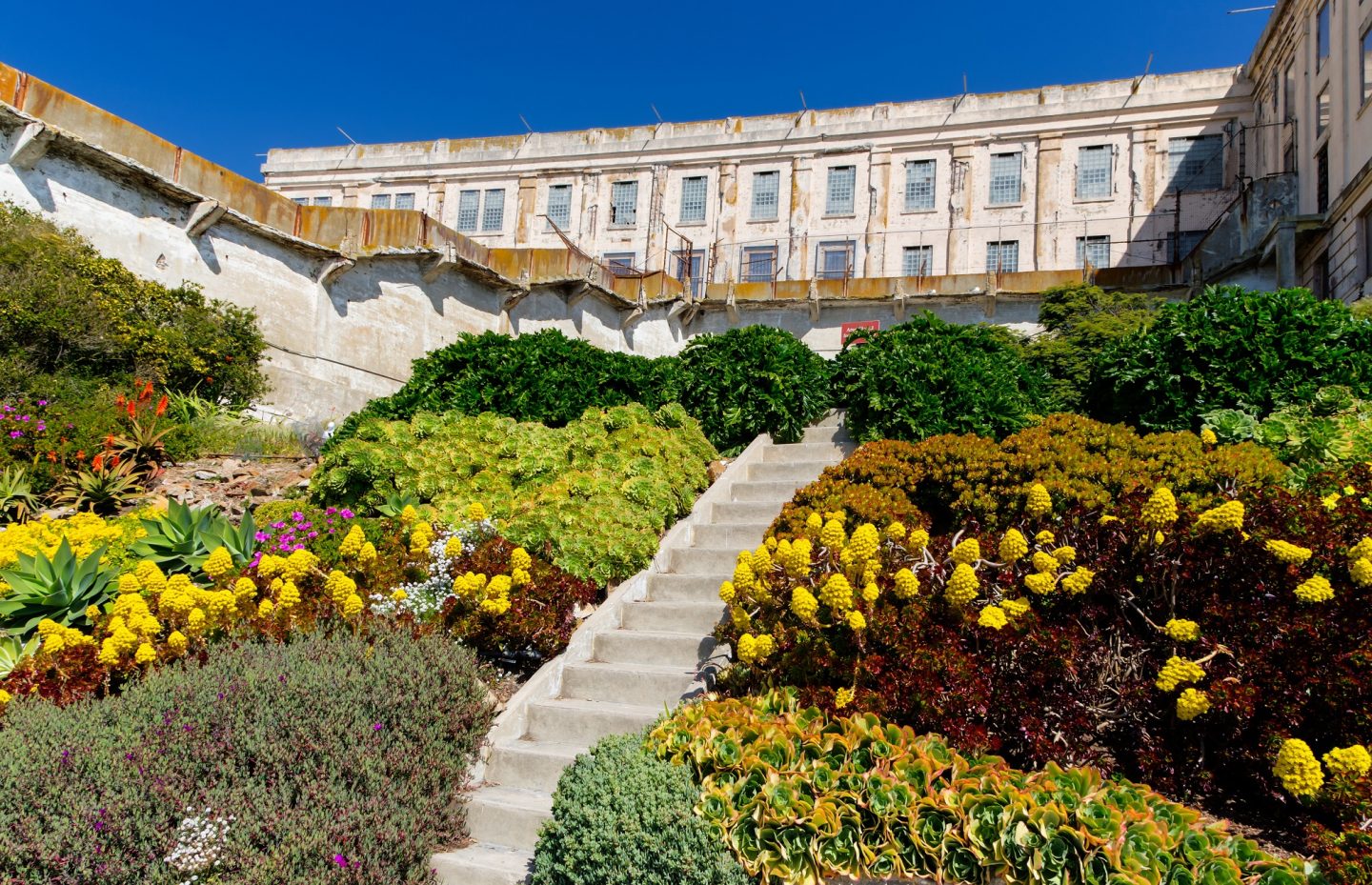Speaking to Sophie Cunningham ahead of her appearance at Adelaide
Writers’ Week, it feels impossible not to ask her about the catastrophic
climate events of this Australian summer. “I’ve been devastated to be honest,”
the City of Trees author says. “I’ve been very depressed and distressed
about it.” Cunningham recounts being evacuated from a campground before it was
burnt and how it left her wondering about the wildlife she had seen and heard
before leaving. “It’s hard not to assume the worst.”
This sentiment is pertinent to her latest book,
a collection of essays ‘on life, death and the need for a forest’. A chapter on
ginkgo trees features the hibakujumoku: six ginkgoes that survived the
nuclear bomb dropped on the city in 1945 that are still alive today. Cunningham
says she doesn’t include stories such as these ‘Survivor Trees’ to demonstrate
our ability to recover from disaster, so much as to hold on to their memory.
“One of the reasons I wrote City of Trees [was]
partly my growing sense of sadness that the world was changing very rapidly and
that we weren’t talking about it.
“It’s certainly not like we haven’t had to deal
with disasters before, but the scale of the number of people impacted is
becoming exponentially larger. […] The more it happens the more you get closer
to a particular ecological tipping point, an economic tipping point, a climate
tipping point.”
She says the book was written from “a place
both of sadness and optimism. You kind of want to be proved wrong”.
Throughout City of Trees Cunningham
wrestles with the idea of responsibility, a perfect fit with this year’s
festival theme of ‘Being Human’. She writes of tourism in Iceland contributing
to climate change, further encouraging tourism in a problematic circle of
awareness, destruction and mourning. The Great Barrier Reef is a local example
of this same problem.
“In a way what I was trying to do with City
of Trees,’ Cunningham says, “and a lot of other writers have been trying to
do this too, has been trying to focus on the idea that the human is not the
central position. That there are other things bigger than us.”
She believes that constantly questioning our
position and our place – in terms of tourism, gentrification and environmental
destruction (all of which are explored in the book) – is vital to this time in
history. “I think these disasters do trigger a kind of greater existential
crisis: What is the point of me? What can I do? It makes you think about a lot
of things.”
 Gardens at Alcatraz
Gardens at Alcatraz
A particularly moving essay is Cunningham’s account of being a gardening volunteer at Alcatraz National Park. “It was sort of life changing,” she says. “It wasn’t just gardening.” While the gentrification and poverty of San Francisco was confronting and fraught for her, Alcatraz “gave me a sense of community” while she was away from family, friends and writing commitments at her home base in Melbourne.
Over the course of the book Cunningham recounts
the death of both her fathers, the grief of which is shadowed by environmental
collapse and the global loss of forests. There is a sense of the world being
unfair – the class issues at stake after an event such as a major bushfire,
unprecedented loss of wildlife at the hands of one destructive species, and the
cruelty of a dementia diagnosis to a loved parent – some of this within our
control, some not.
The loss of her fathers challenged Cunningham
in ways she had not felt before. “I’ve worked with words since I was 21 and
words just weren’t cutting it for me. I couldn’t articulate my feelings. […] I
moved to much more non-verbal things. Maybe that was a way of allowing the kind
of shapelessness of grief to just exist.”
Cunningham says though that while “grief
informed a lot of the fabric of the essays, by the end it wasn’t what I wanted
the book to be about”. Instead City of Trees becomes a testimony of sorts
to the importance of the detail in our lives – the people we cherish, the city
we live in, the flora and fauna around us.
“One
of the reasons I wrote [the book] is because if you don’t look at what’s around
you, you don’t necessarily track what you’re losing.
And while it can be painful […] you’ve got more chance of not
losing it if you’re doing so.”
With this in mind, Cunningham says, “I was really, really pleased
when Adelaide Writers’ Week asked me [to attend] because to know that they were
interested in embracing these topics.
“The arts are a bit of a hot-house of both
political creativity and activist creativity in terms of how one responds in
these times. The arts community is really important [for] keeping these issues
on track, thinking about responsiveness and trying to find a way through. This
is something that writers do every day.”
Sophie Cunningham will appear at Adelaide Writers’ Week on Tuesday 3 March
29 February – 5 March
Adelaide Writers’ Week 2020
Related Article
Book Review:
City of Trees
Kylie Maslen is a writer and critic from Kaurna/Adelaide, and the author of Show Me Where it Hurts: Living with Invisible Illness (Text Publishing).
Get the latest from The Adelaide Review in your inbox
Get the latest from The Adelaide Review in your inbox